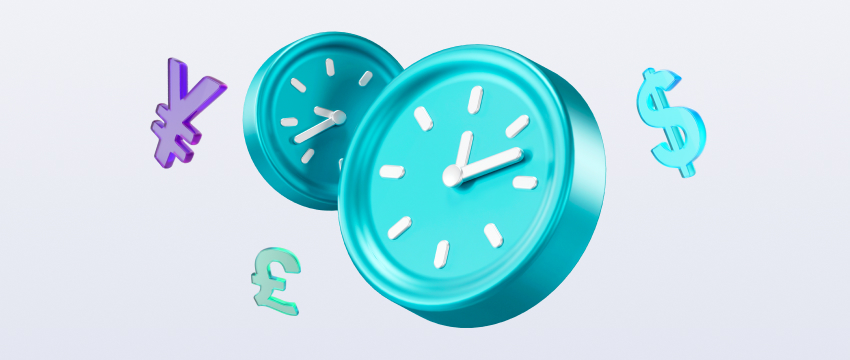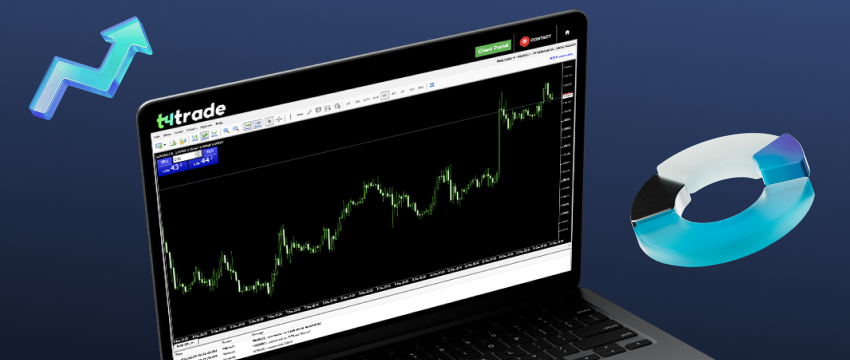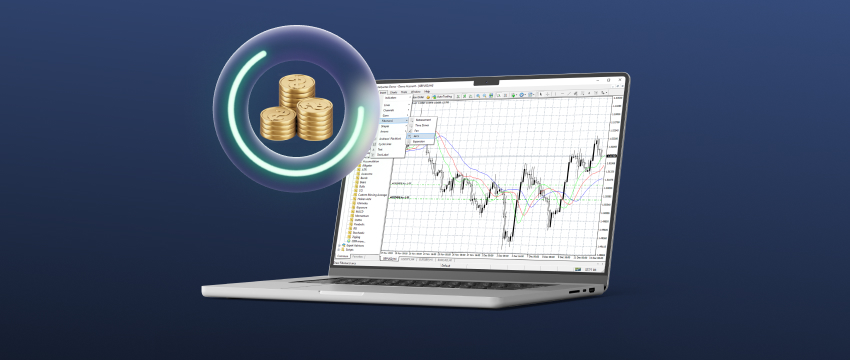Online accessibility to a forex trading platform is pretty straightforward these days. For those interested in the exciting world of trading CFDs and currencies, trading online is just a click away. This market is fast-paced and rewarding. With only a few clicks, traders can access the forex markets, speculate on currency pairs, and broaden their portfolios.
Unfortunately, while lowering barriers are beneficial for individual traders, the risk of poorly managed brokers increases as well. For instance, unregulated brokers pose major challenges to traders and financial institutions.
Before you start using any forex trading platform, especially online ones, make sure it is regulated. Always verify the trading platform’s regulation status first. And in a broader scope, why does regulation even matter?
What does it mean for a forex broker to be regulated?
Regulation is defined as control by a relevant body, for instance, a financial authority. These regulatory organizations safeguard fair competition. They ensure brokers and forex trading platforms operate fairly and transparently. The state imposes rules to protect retail and institutional investors. These rules prevent malpractice, fraud, and risky financial speculation. All put under the term — “regulation”.
The Financial Conduct Authority (FCA) and the Australian Securities and Investments Commission (ASIC) are just two examples. Other regulatory bodies oversee markets around the world. In the United States, there is the Commodity Futures Trading Commission (CFTC).
The Financial Services Authority (FSA) operates in the Seychelles. Brokers regulated by these authorities must meet strict requirements. These include capital thresholds, client fund segregation, and other important standards.
Why should you care about regulation?
It does not matter whether you’re just starting out or have years of experience under your belt. In either case, regulation is not an option. Rather, it is the first step in establishing trust between traders and brokers.
Safeguarding client funds
Regulators make sure that clients’ funds and the business’s operating capital stay separate. This means the company won’t use your deposited money for its expenses or losses. If the broker experiences bankruptcy, your money will still be available.
Prevention of fraud
The forex market is unfortunately filled with scams. This includes get rich quick schemes and institutions risking client money. Licenced forex brokers undergo many operational checks and audits, which drastically reduce the possibility of fraudulent activities.
Fair trading practices and transparency
Regulated brokers must provide accurate information about their products, services, and charges. This entails the disclosure of spreads, commissions, leverage choices, and any conflict of interest. Compliance by regulators also ensures order execution that is fair and is likely to deter price manipulation or slippage misuse.
Legal recourse and dispute resolution
If you deal with an unregulated broker, you may have no recourse at all. Regulated brokers, though, must follow official procedure for handling complaints. If the complaint against the client cannot be sorted out, then the regulator may intervene. Some jurisdictions even cover compensation schemes on a default of the broker.
Trust and market reputation
A regulated broker is not just great for a trader, but also boosts the brand and gives it incredible prestige that in turn makes it more attractive to traders.
Regulation gives clients the certainty that the forex broker they deal with dedicates itself to compliance, operational security, and financial security.
Warning signs of unregulated brokers
In spite of increased awareness, the majority of traders continue to fall victim to trading with unregulated brokers. The following are some warning signs to watch out for.
No licence information on the website
Regulated brokers prominently display their licence number and the name of the regulating authority, usually in the footer or on the “About Us” page.

Too-good-to-be-true bonuses
Unrealistic promises like promised returns, “risk-free” trading, or very high signup bonuses are typically techniques that unregulated providers use to lure unsuspecting traders.
Aggressive promotion or cold calling
Licensed brokers rarely use persistent and aggressive sales tactics. Be wary if someone calls you repeatedly asking for deposits or personal information.
Poor communication and customer support
Poor, unresponsive support is typically a sign the broker is not accountable to any regulatory agency.
Few or no reviews from reliable sources
Lacking a profile or having little presence in well-known forex review sites or forums can be a sign a broker is either too new or attempting to remain beneath the radar purposely.
Check for matching information
Make sure the broker’s registered name, address, and licence number match those published by the regulator.
Look for warnings
Some regulators maintain lists of unauthorised firms. If a broker appears on a warning list, avoid them altogether.
Ask direct questions
If you’re unsure, contact the broker directly and ask for proof of regulation. Any hesitation or refusal to provide this is a major red flag.
Offshore regulation
While many traders equate offshore regulation with low credibility, this isn’t always fair. There are reputable offshore regulatory bodies that impose meaningful requirements, especially in jurisdictions aiming to attract responsible financial services providers.
For instance, the Seychelles Financial Services Authority (FSA) has a reputation that is increasingly solid as an offshore regulator.
Brokers licensed by the FSA must follow detailed operational procedures, including anti-money laundering (AML) compliance, risk management policy, and segregation of client funds.
Nonetheless, it’s necessary to consider what your own priorities are and what risks you can handle when choosing between top-tier and offshore-regulated brokers.
The reason a lot of traders tend to go with the latter is that these brokers offer more flexibility when it comes to accounts and leverage, but you need to be careful, no matter how regulated a broker is.
The most important thing about regulation is that your broker shows they can take up responsibility and are careful, however, you should always make sure you are also careful and responsible as a trader.
At the end of the day, it is all about you, your trading and your rules. And if things don’t work out, you should be prepared to take responsibility.
Always make sure you aren’t trading with funds you cannot afford to lose, such as funds for living expenses, your mortgage or other priorities. Any form of trading online carries risk and experienced traders know that very well.

Choosing a trusted broker
While many forex brokers may try to lure you in, you should always explore their offerings and see what works for you and what is important. A trusted broker ensures that you can have a fair and transparent trading experience.
Make sure to do a thorough check of their regulatory status before you commit to any forex trading platform and discover what that regulation will translate to for you as a trader.
T4Trade: A regulated broker
T4Trade is a multi-asset, full-regulatory-compliance trading firm licensed and regulated by Seychelles Financial Services Authority (FSA).
Because the FSA regulates T4Trade, the company follows internationally recognised standards of financial behaviour, ensuring transparency, security of clients’ money, and the most effective trading practices.
Regulation assures that T4Trade follows strict business procedures, keeps clients’ money separate from corporate accounts, and enforces strong anti-money laundering measures. For traders, this builds greater confidence, ensures a secure experience, and provides peace of mind when dealing with a regulated broker.
免责声明: This material is for general informational and educational purposes only and should not be considered investment advice or an investment recommendation. T4Trade is not responsible for any data provided by third parties referenced or hyperlinked in this communication.




